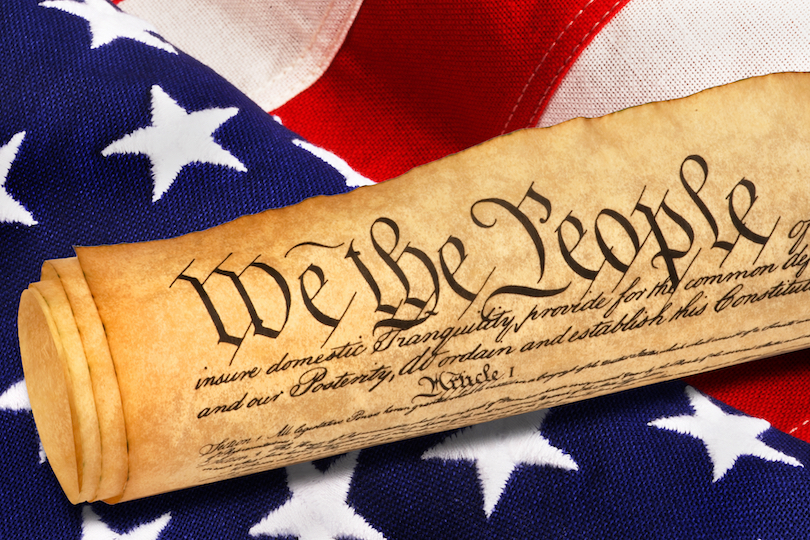[ad_1]
Mexico’s persecuted Indigenous group, the Yaquis, have long asked for their water and land back
MEXICO CITY — Mexico’s most persecuted Indigenous group, the Yaquis, have long asked for their water and land back. But on Sunday, the governor of northern Sonora state promised them something else: a truck stop and assembly plants known as maquiladoras.
Gov. Alfonso Durazo worried publicly about how the Yaquis would pay for maintenance on the water works that the government installed. Durazo said income from a truck stop, with space to sell Indigenous handicrafts, might be an answer.
He also suggested bringing in the kind of low-wage assembly plants that dot Mexico’s northern border. The plants recieve tax breaks, and Durazo suggested setting up a similar program in the Yaqui area, which is near the port city of Guaymas.
“Why don’t we set up a special economic zone to allow some of these companies to set up here in the Indigenous territory,” Durazo said during a speech to Yaqui leaders.
What the Yaquis really want is the return of water from the rivers that run through their territory, one of which is named after them. Many Yaquis are farmers, but many don’t have enough water to irrigate their dry fields.
Despite pledges by President Andrés Manuel López Obrador, who belongs to the same Morena party as Durazo, much of that water is still channeled to Hermosillo, the Sonora state capital, before it reaches the Yaqui fields.
Durazo, however, wanted to talk about industrial development. He noted that the practice of some Yaquis of blocking nearby highways to demand compensation payments was holding back such plans.
“The highway blockades really give rise to serious questions for Indigenous people and I think in the end it affects their image,” Durazo said. “Whenever we talk about bringing investment to a special economic zone, people always bring up objections that the highway blockades would eventually take a toll on any business established in the proposed special economic zone.”
López Obrador has previously offered an apology to the Yaqui people, who stubbornly fought a government campaign to exterminate or exile in the late 1800s but were largely defeated by 1900. Dictator Porfirio Diaz began moving them off their fertile farmland to less valuable territory or to virtual enslavement on haciendas as far away as the far eastern state of Yucatan.
Some Yaquis live in the United States, and in the 1960s the Yaquis became known abroad for the mystical and visionary powers ascribed to them by writer Carlos Castañeda.
The government has promised to build an aqueduct to bring drinking water to Yaqui communities in northern Sonora that have long lacked it, but López Obrador has defended the aqueduct that siphons most of the water from the Yaqui River to supply urban areas in Sonora.
[ad_2]
Source link














